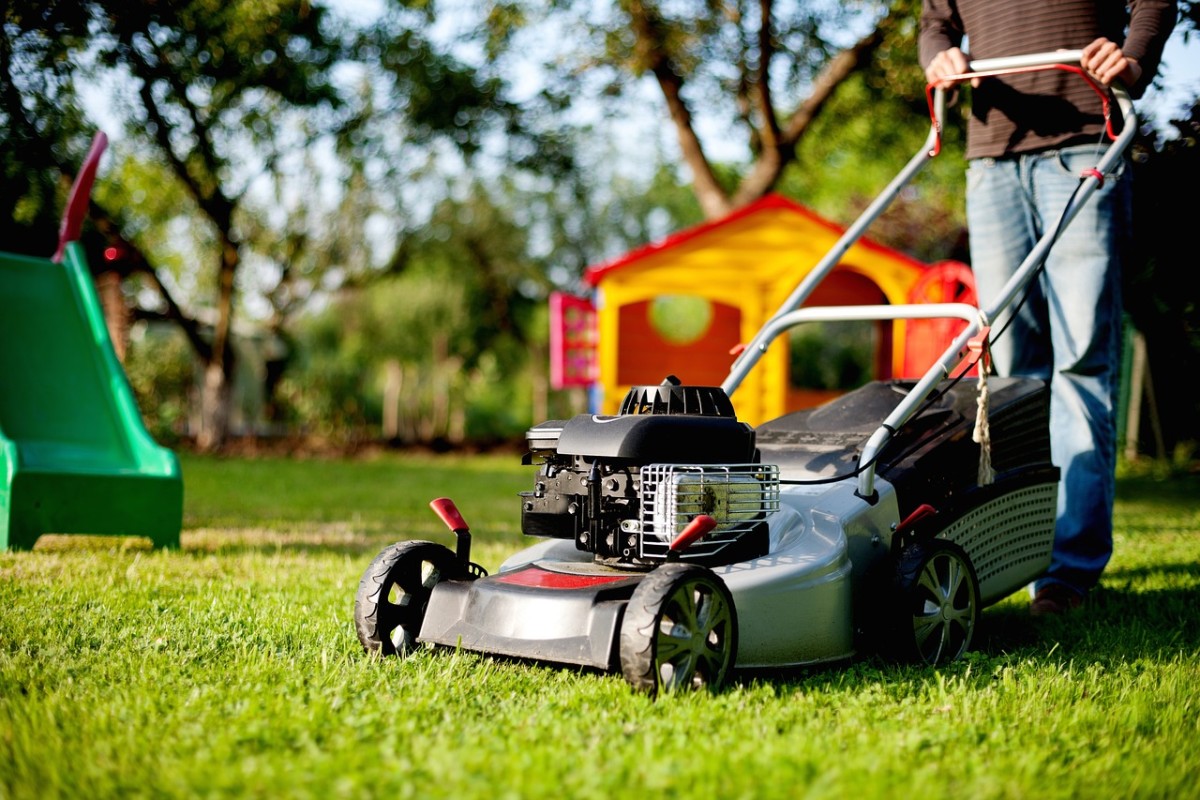How to Take Care of Aging Parents
A Valuable Person

Does My Parent NEED Help?
When the people in your life who nurtured you with strength and compassion start to reverse roles with you, an adult child, it can be difficult knowing how or when to maneuver caring for them without eroding their dignity. Following are some suggestions on how to accomplish this.
Family Dynamics with Aging Parents
The number of family structures is probably infinite. There are families with only children, with many children, with those who live geographically close to aging parents, and those who are emotionally close to parents. Hopefully, one or more children of an aging person can take on the responsibility to monitor and care for him or her.
Is the Parent’s Living Situation Safe?
A physical inspection must be done. Holiday visits or any other visit is an opportune time to surreptitiously check:
Smells:
Do you detect spoiled food? Bathroom unclean? Clothing unclean? Smoke or burning from appliances? Remember the aged adult can have a decrease in sense of smell and therefore be unaware of these cues to problems.
Sounds:
Do you hear the cranking or rumbling of defective appliances? Of the neighborhood changing for the worse – sounds of violence or domestic disputes? Gang activity?
Sights:
Are there loose, slippery area rugs? Unevenness in sidewalk (even a small difference of an inch can literally trip a less-than-surefooted elder. ) Visible mold or science experiments on food or all over microwave, refrigerator or other food storage area? Spill stains on the floor? Dirty or broken eyeglasses (let’s not have visibility impaired and certainly not by the self-repair job to eyeglasses frames resulting in glue smears on the lenses! There is a time for penny-pinching and a time to pay a professional to do the job correctly.) You want no wobbly chair or table legs. No frayed electric cords or cords crossing a walkway. Can you see water damage on ceilings, walls, floor? You should see a bath mat or bumpy bottom in the shower/bathtub? Also, if possible check medication bottles for their expiration dates. Yes, that is a little more intrusive/invasive, but it is important.
Tactile Information:
As you walk around living space – are there wobbly floorboards, again uneven sidewalk or other walkways? Are hand rails on stairs or in the bathroom as solid as a rock? Are drafts coming into the home?
MAKE SURE the batteries are alive in a smoke detector and carbon monoxide detector. Also, these should be placed where the parent can reach them without the need to climb onto a ladder or step stool. We do not want the older person climbing on ladders – no falls and no broken bones!
Fixing the Living Space
If something in the living space does not measure up, are you in a financial or skill set position to fix it? Can you offer to do so as a holiday gift?
If tasks need to be done on a more frequent and regular basis, such as grocery shopping or cleaning, are you or a sibling near enough to do this? Can you take turns? Alternately, can you hire a reliable, trustworthy helper?
Is the Parent Eating Adequately and Taking Medications Correctly?
This is a tougher issue to assess. Weight loss or gain becomes apparent eventually, but it would be nice to nip any problems before they grow. You can ask your parent if you may accompany him/her to a doctor’s appointment. There, you can listen to any health issues, physician’s observations, and medication schedule. However, please do not take over the appointment. If your parent is mentally competent, the primary interactions should be between your parent, who is the patient, and the doctor. You are an observer unless invited to talk.
If diet needs to be changed, perhaps you can arrange for grocery delivery or changes in food choices. If it is too tiring for your parent to prepare meals, explore microwaveable meals and the Meals-on-Wheels program. If finances are the reason your parent is not eating well or purchasing medications, contact your state or county’s agency on aging. The staff should be able to assist you.
More Health Concerns – Physical and Mental
Should your parent be driving a car? Or taking public transportation alone? Are the medications your parent takes causing other problems – growing side effects which are interfering with quality of life? These can cause physical and emotional side effects. Does your parent seem depressed? Demented? Losing touch with reality?
If your parent’s situation is causing alarm about these issues, more serious intervention may be required. Please meet with your siblings to, hopefully, agree on the least restrictive plan possible.
Good Luck
The good news is that with the aging of America, more information becomes available daily to help the children of aging parents.
Text and photo copyright 2012 Maren E. Morgan.








